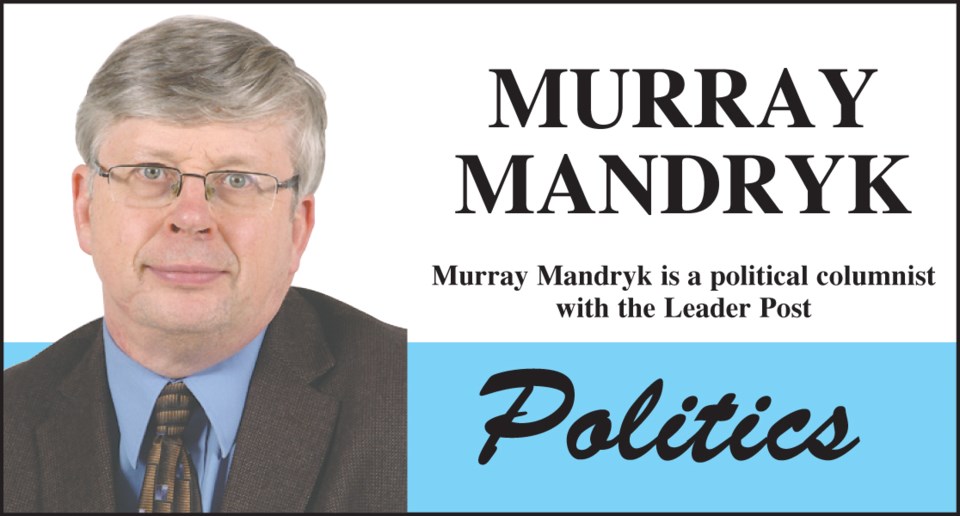There is one big, legitimate reason to oppose the federal Liberal government carbon tax that came into effect the first day of this month.
It may not work for anyone in this country and it certainly is unlikely to work for us out here in broad, flat prairie.
Maybe Premier Scott Moe’s government hasn’t done enough to find solutions that will work to reduce greenhouse gas (GHG) emissions.
But what seems evident is that what the federal government has put before us is not the solution, either.
You have likely heard push back about how carbon pricing is the most effective way to reduce GHGs and how B.C. has had a carbon tax for some time without affecting the economy.
Whether it’s really worked in B.C. is a point of debate, but there’s something more important:
Prime Minister Justice Trudeau’s carbon pricing policy is not B.C. carbon pricing policy and — for a myriad of reasons including the fact that B.C. is not the same as the Prairies — is unlikely to work here.
It all comes down to whether it’s likely to achieve its stated goal — of bringing about the desired change in behaviour.
A four-cent-a-litre gas hike is annoying, but it’s not going to cause anyone to sell their F-150s and buy something more fuel efficient — especially when you have federal Environment Minister Catherine McKenna touting that most will get close to what they will pay in additional fuel costs back on their income tax rebates.
As the per tonne carbon price increases to has much as $50 a tonne by 2022, so will the government rebate which negates any incentive to change behaviour.
On the last day of the month vehicles lined up a gas station to avoid that paying that extra four cents a litre. One supposes, the federal government would point to this as a first step in the changing behaviour.
But in the course of the last month, the average gas price in Saskatchewan increased from $1.03 a litre on March 1 to $1.20 a litre on March 31.
That this massive gas cost hike wasn’t causing Conservative leader Andrew Scheer to tell us to fill up our tanks tells says much.
It certainly tells us that there’s been a lot of politically driven hysteria over the four-cent-a-litre carbon tax. But that a 20-cent-a-litre increase isn’t causing people to trade in their trucks and vans tells us that maybe gas prices aren’t the only issue.
And, again, all that federal government rebates will likely accomplish is offsetting the new costs of filling your tank.
Admittedly, Saskatchewan people haven’t always had the best perspective on the need to address the GHG issue.
Those who stubbornly cling to a view that today’s climate change is not manmade aren’t helping. Bodies like NASA agree with the 97 per cent of published peer-reviewed journals from scientists that say global warming is caused by human activity.
We do need a better than to simply scream about Trudeau and the tax. We do need a broader, science-based approach to addressing GHGs.
But Ottawa also needs to recognize the reality of living in Saskatchewan, which means a lot of long drives between sparse communities, often in cold, winter months.
That means reducing our carbon foot print is not as simple as taking public transit like you can in the cities. Nor is simply solved by buying an electric car.
We burn coal to produce most of our electricity here.
We’ve already invested $1.6-billion in carbon capture and storage to attempt to reduce our GHGs and McKenna and the federal government have sung the praises of CCS.
We need find approaches that work. A gas tax hike isn’t likely the right approach.
Murray Mandryk has been covering provincial politics for over 22 years.



